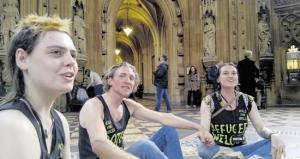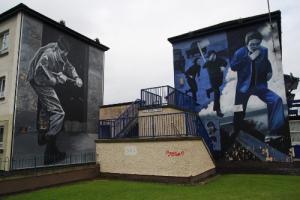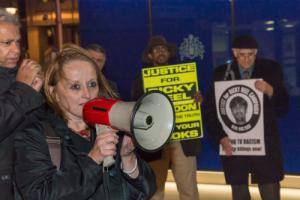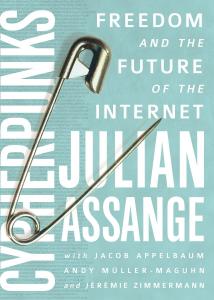On 15 August, the new solicitor general, Sarah Sackman, told the court of appeal in London that she would not be pursuing a case of contempt of court against Trudi Warner.
In March 2023, the 69-year-old retired social worker and Insulate Britain climate campaigner had held up a sign outside Inner London Crown Court saying: ‘Jurors, you have an absolute right to acquit a defendant according to your conscience.’
This April, the high court in London had thrown out an attempt by…











